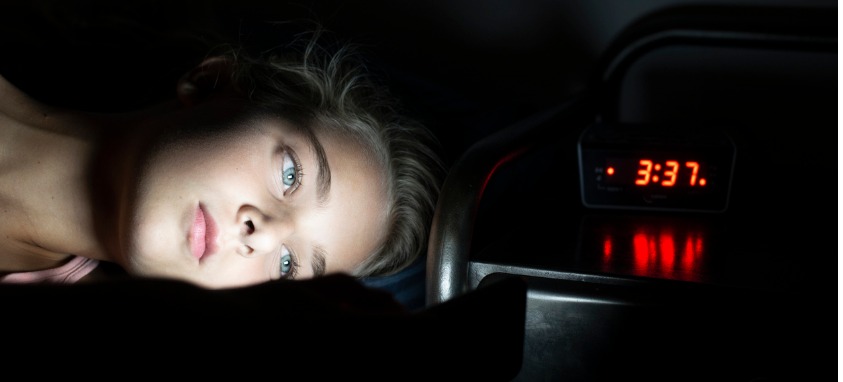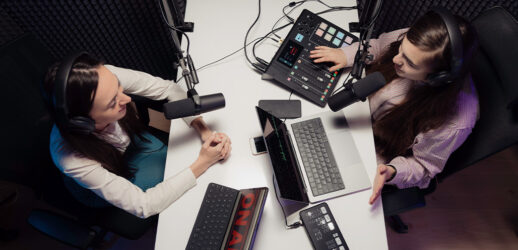More than 3,300 scientific and medical sleep professionals representing more than 75 countries are converging this week in Vancouver, Canada, to present new findings, data and theories on this crucial health topic.
The congress included a 2-day expo hosted by World Sleep Society and was open to the public, during which attendees asked their own questions about all things somnolent. Though you may have missed the expo, you can satisfy your own curiosity with sleep resources provided by their professional members.
Giving Priority to Pillow Time
We all know that good sleep is a basic requirement for general health, yet with the CDC reporting that 35 percent of adults don’t get enough sleep (at least 7 hours), it’s clear that shut-eye is often forgone in favor of late night projects or early morning workouts.
More: New Study: 80 Percent of Biz Travelers Struggle to Sleep
A common misunderstanding is that good sleep is all about total hours, when latest research shows that the quality of those hours is even more indicative of healthy slumber. Total sleep is comprised of REM (dreaming) and non-REM sleep. Deep sleep is the final stage of non-REM sleep, and this pivotal stage promotes cell regeneration, strengthening of the immune system and tissue growth and repair. If you’ve ever gotten a full night’s rest and still woken up feeling fatigued, you may not be getting enough deep sleep.
Tech for a Better Night’s Rest
How you feel the following day is a clue, but a nebulous one. So how can you tell what kind of sleep you’re getting? This is where tech comes in—wearable devices can track a variety of factors, from your body temperature to heart rate variability, to help determine what was happening from dusk ‘til dawn.
More: 8 Hotels Primed for a Good Night’s Rest
Getting statistics on your sleep can empower you. If you choose to try meditation before bed or to take an herbal supplement, you can compare the results to your personal data from other nights. Even without a wearable device, an app like Sleep Cycle can help you keep track of behaviors and correlate them with a sleep chart using just your phone. Improving your sleep habits with lifestyle changes may be important, as research from the National Center for Biotechnology Information suggests a possible correlation between sleep medication use and a higher mortality rate, while the British Medical Journal found an increase in both mortality rates and cancer.
What You Can Do Now
Luckily, as research on sleep and its multitudinous effects continues, there’s plenty you can do to hack your way to a better night’s rest. Explore natural options to supercharge your sleep from Dave Asprey, the father of biohacking, with tips for your nighttime routine from supplements and bedtime apps to sleep induction mats.




